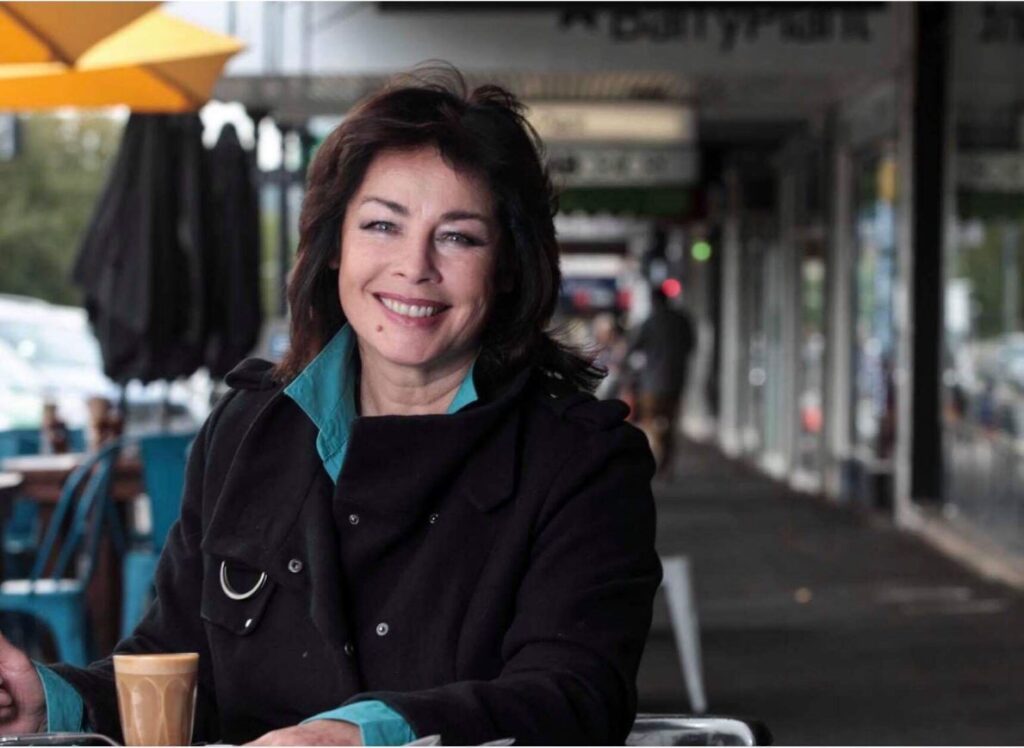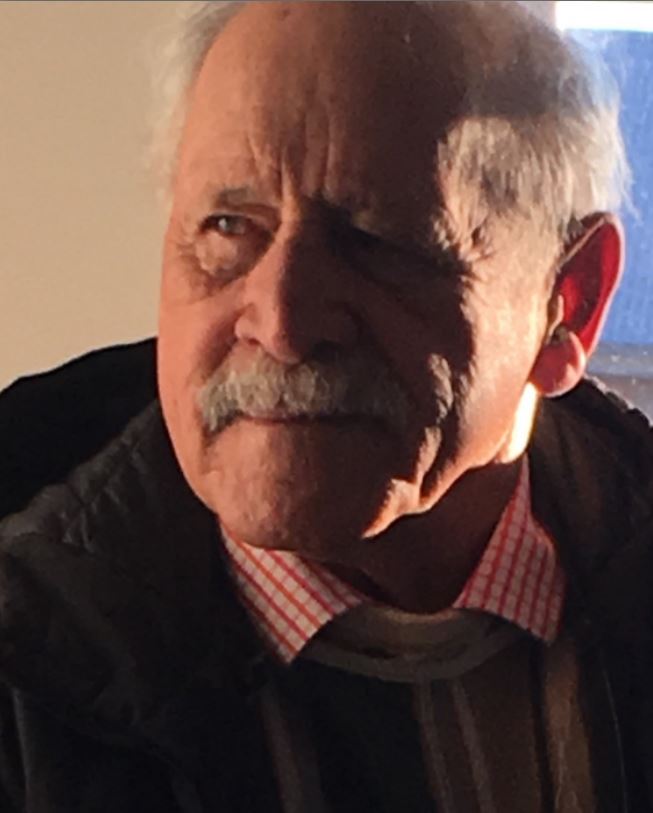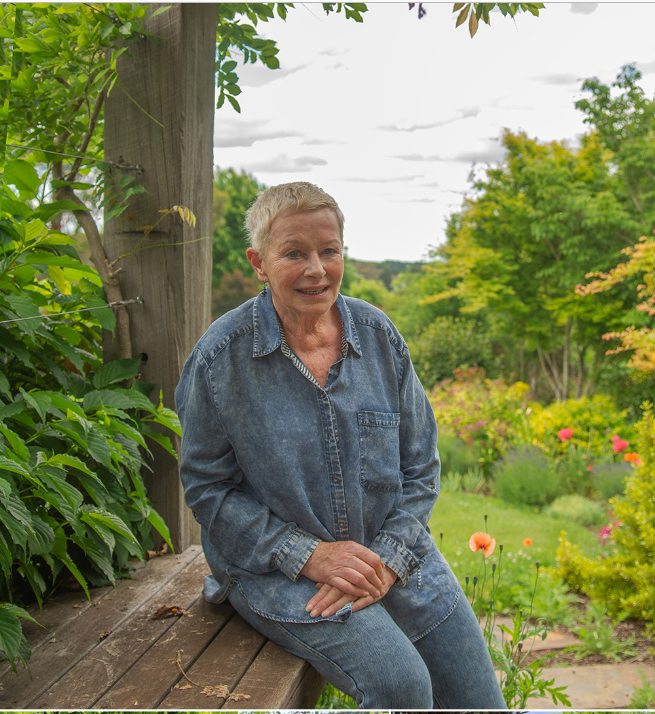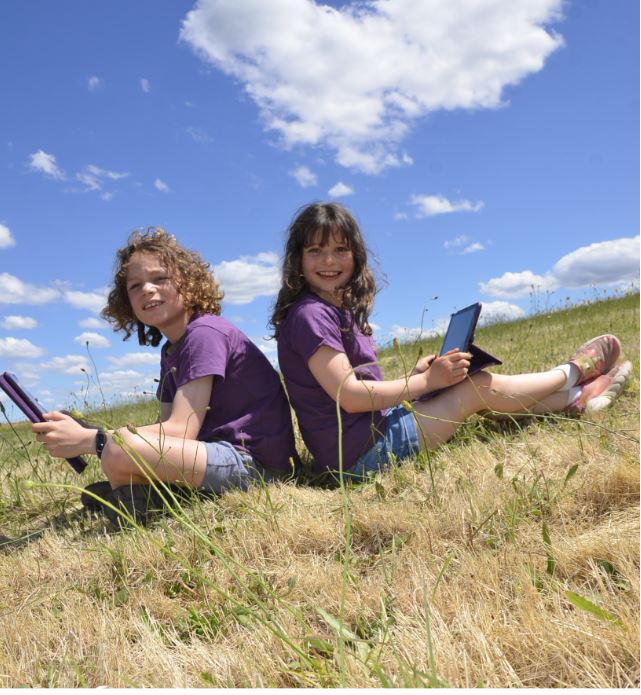March 2nd, 2023Finding a father
by ABC broadcast journalist Nicole Chvastek
BEAMING with pride my brother proudly showed me the most lurid tie I’d ever seen – all colour and movement. It had been a treasured Father’s Day gift and while I saw lurid – he saw beautiful because the giver was a beloved son.
It is a magical relationship, that bond between parent and child. As a kid growing
up in New Zealand I’d never known who my biological father was. That meant I
never quite knew who I was either, although fate sprinkled us in chances we passed by
each other unknown.

My adopted family and I holidayed in Keri Keri, a stone’s throw from his village.
Everyone in the district knew him. My holiday snaps show me as a grinning teenager
casually draping my arms around family friends who lived near the town. They
knew him well. But no-one knew he was the father of a white girl who visited from
Auckland.
When I moved to Melbourne as a teenager he moved to Sydney to perform in a
band called The Polynesians. I later saw publicity shots of him – four boys, all white
smiles and brown skins draped in Hawaiian leis. I guess it didn’t matter that the
publicity shots got the Polynesian origins wrong. Apparently you’ve seen one native
you’ve seen em all.
The patronising ‘happy natives sing us a song’ stereotype really grated. Why was
his worth diminished because he had brown skin? So he battled bigotry while I grew
up in my white bread world. But he got through. He was handsome and charismatic
and boy could he sing. No-one knew his pitch-perfect English was the result of white
teachers who beat him as a six-year-old in the 1930s as punishment for daring to
speak in his native Maori tongue. Dishing it out to the local little barbarians was de
rigueur in those days.
I was a city-dwelling broadcast journalist, chasing newsmakers and deadlines in a
daily frenetic blur, when I was given the information I needed to make contact.
I could not have imagined the story that emerged. He’d been born on a sandy
white beach into the Nga Puhi tribe. His mother – my grandmother – was a
fisherwoman whose husband drowned in a violent storm at sea while trying to reach
a boat which had sent out a distress signal. Suddenly a single mother but determined
her bright young boy would get his education, she caught fish every day from her
ocean backyard, loaded it into saddle bags and then walked beside her pony for miles
into the nearest town to sell it.
It was a tough way to make a living, but, when it was time the money was there
and my father was dispatched to a nice white private boarding school in Auckland.
Life in New Zealand’s biggest city was alien for a Maori boy from the Bay of
Islands. His wild environment taught him all he’d needed to know and his bay’s
sapphire seas and ancient Kauri forests were his instructors. So, as he’d done in his
small village primary school, he showed up at his first city high school class in bare
feet. The teacher was outraged and ordered him to stand.
“Look at the savage!” she announced to his guffawing classmates.
He quickly learned about the humiliation and antipathy you can generate just by
looking different. He’d already learned how to attract a belting by speaking another
language. He learned how to fight. And he got his education.
Our first conversation was on the phone. It was painfully stilted. How do you talk
to the man who is your father? Do you make nervous jokes? Do you adopt the reserve
you would keep for a stranger? Or do you relax into the loving but manufactured
banter of family conversation with someone you’ve never met?
The compromise was polite warmth.
He said it was lovely to hear my voice.
I could hear the exhaustion in his. My father had joined the Labour Party. By the
time I’d found him he was a member of the New Zealand government.
In fact the Parliament was sitting and having a new daughter sprung on him
while juggling the issues of state was the last thing he needed.
He apologised for the rushed call with a fatigued graciousness.
But we agreed that we should meet. And so I packed my best tourist t-shirts and
flew over to Matauri Bay, the breathtakingly beautiful seaside village where he lived.
Getting there is a five hour trek north from Auckland. But the effort is rewarded.
As you make your way to the top of the last hill at the end of a winding road, the
landscape drops away dramatically to reveal the sparkling expanse of the Bay of
Islands, its sea framed by a soaring blue sky and lush endless hills. Little picture
postcard islands lie dotted off the coast where volcanic fury hurled them millions of
years ago.
I drove down into the valley towards the sea at a crawl (my father warned me
that tourists have been known to crash off the edge of the hill after being stunned
like rabbits in headlights by the view). I stopped only briefly at a tiny white wooden
church.

In its grounds were crumbling headstones with names and messages etched in the
rock in that mystical Maori language. I tried to imagine the lives of the people who
had lived in this beautiful but remote place. Who were they? In the silence I thought
I felt wives, husbands, brothers, sisters. I also thought I’d never get this done if I
didn’t snap out of it.
I continued on to find my father’s house. It wasn’t far away from where I’d
stopped at the church, around a small headland and tucked into a cove overlooking
the sea. On one side a line of giant grey rocks reached up from the waves and then
tumbled down again into the next bay. In front me was the stretch of white beach
where his mother had given birth in her rudimentary hut made of New Zealand fern.
At the end of his driveway was a modern cottage he’d built for her when he decided
she was too old to live in her tribal hut. Word was his mother never did like the
shmick running water and the new-fangled electric light.
I pulled my standard issue hire car into a park and drew breath. He’d given me
life but owed me zero. Who was I kidding? A couple of random genes entitled me to
nothing. Here stands a white girl with a journalism degree from Australia.
A muscular Maori man appeared on the verandah and strode down the stairs
towards me. His dark eyes were glowing and his face creased into a wide smile.
“Hello” he said and pulled me into a hug.
I stood uncomfortably in my silly tourist clothes with my silly suitcase on wheels
behind me. But I recognised the line of this man’s jaw. Something about the timbre
of his voice was profoundly familiar. So I hugged him back. And while it is true I
remained a ring-in in that village, I was, in that moment, no longer a stranger.
Finding my own father has changed the way I see other people’s fathers. I’m
endlessly in awe of how many people have ‘normal’ relationships with their dads.
They see each other all the time. They get picked up from school. Their dads make
speeches at their weddings. They play backyard cricket. They front up at Christmas in
a red suit and a white beard.
I watch in delight as my adopted brothers here in Australia – now fathers
themselves – receive their gifts of love from their own children. The rapturous
celebrations over an ‘A’ plus for an essay written in that cute kiddie lettering. The
gentle goodnights. I see that these are the greatest of stories.
And me? I’m happy with just a quiet nod in the direction of a little village in the
north of New Zealand to the Maori bloke with the big smile who lives by the sea.










